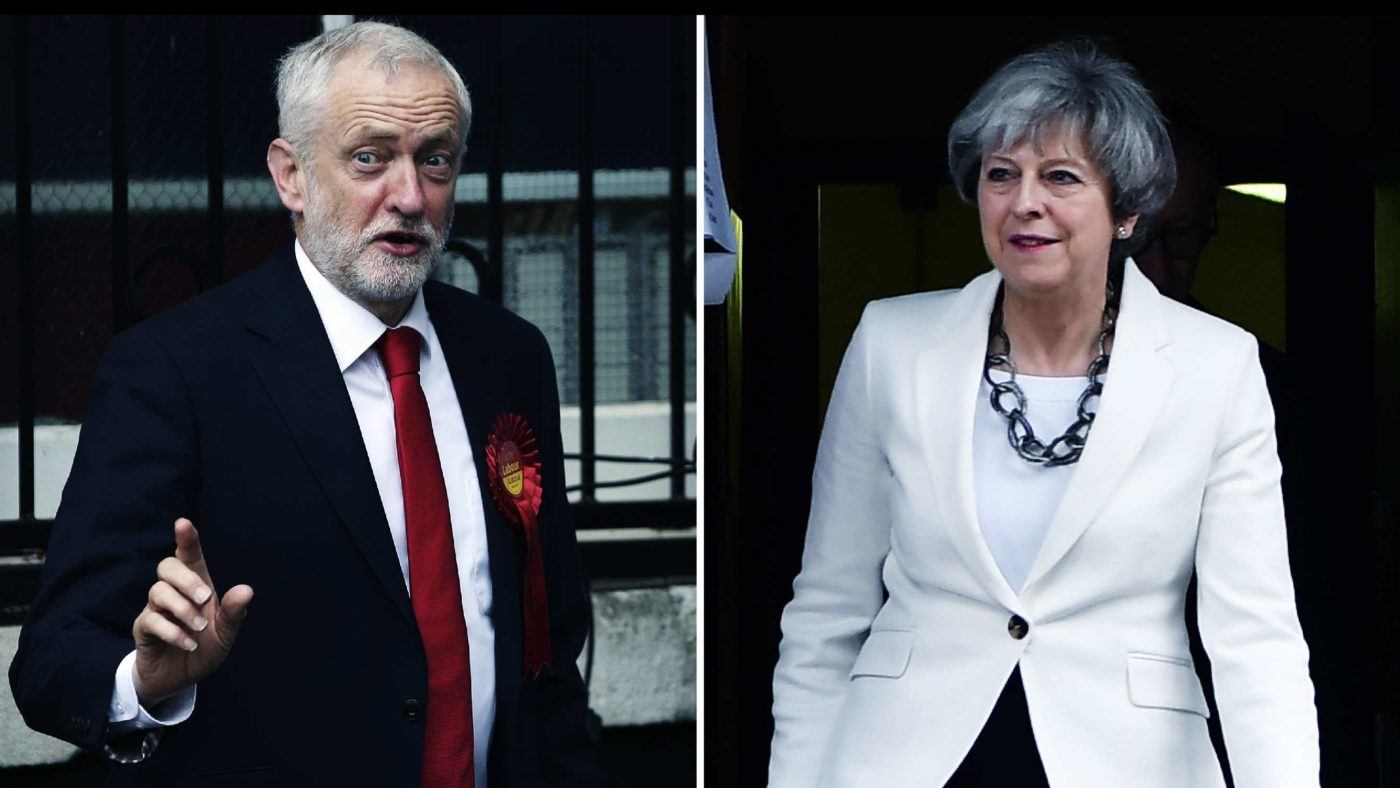It was the election result that no one expected. At 9.59pm on Thursday, the consensus was that Theresa May would still increase her majority, despite an election campaign universally agreed to have been pretty terrible. At 10.01pm, it became apparent that the British people had ignored all the warnings and voted in large numbers for a Labour Party led by Jeremy Corbyn.
CapX’s Deputy Editor, Oliver Wiseman, spent the weeks before the election campaign touring the country for a series of pieces that tried to get a handle on the nature of modern Britain. He visited the post-industrial heartlands of Ebbw Vale, the working-class communities of Chesterfield (being assiduously courted by the Tories), the key marginal of Wirral West, the enthusiastic Brexiteers of Grimsby and the passionate Remainers of Cambridge – as well as Britain’s oldest and youngest constituencies, Christchurch and Sheffield Hallam.
Oliver’s already written for CapX on what he found on his travels – and in particular about the feeling that developed during the campaign (symbolised by the Prime Minister’s support of fox-hunting) that May’s party were the same old Tories.
But with the drama of election day so fresh, he and I wanted to pause to consider what the vote says more broadly about the state of British politics – whether the Conservatives can form a stable government, what happens in terms of Brexit, whether the Corbyn bubble will burst and whether the country has turned against the free market.
You can listen to the results on this special election edition of the CapX podcast, Free Exchange:
If you enjoyed that, you can also listen again to last week’s interview with Professor John Curtice, the man behind that shocking election poll:
Or catch up with our recent interviews with Andrew Cooper, David Owen, Sue Cameron, Frank Field, Nick Cohen, Daniel Hannan, Peter Oborne and Nigel Lawson.


